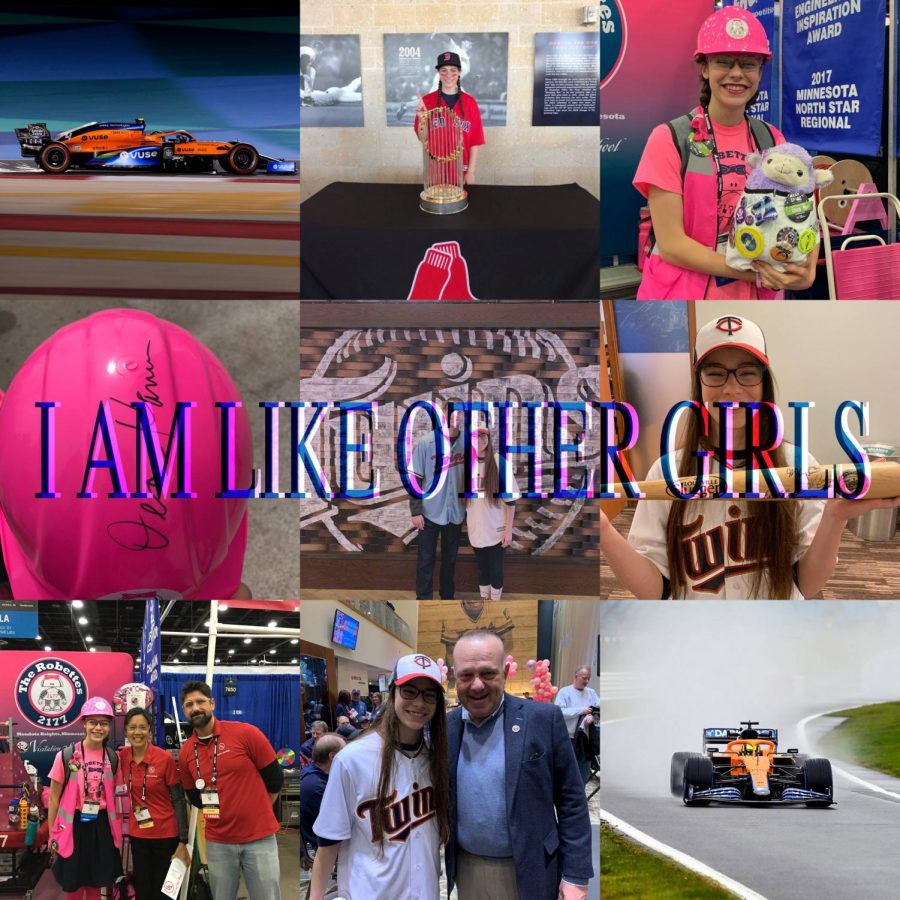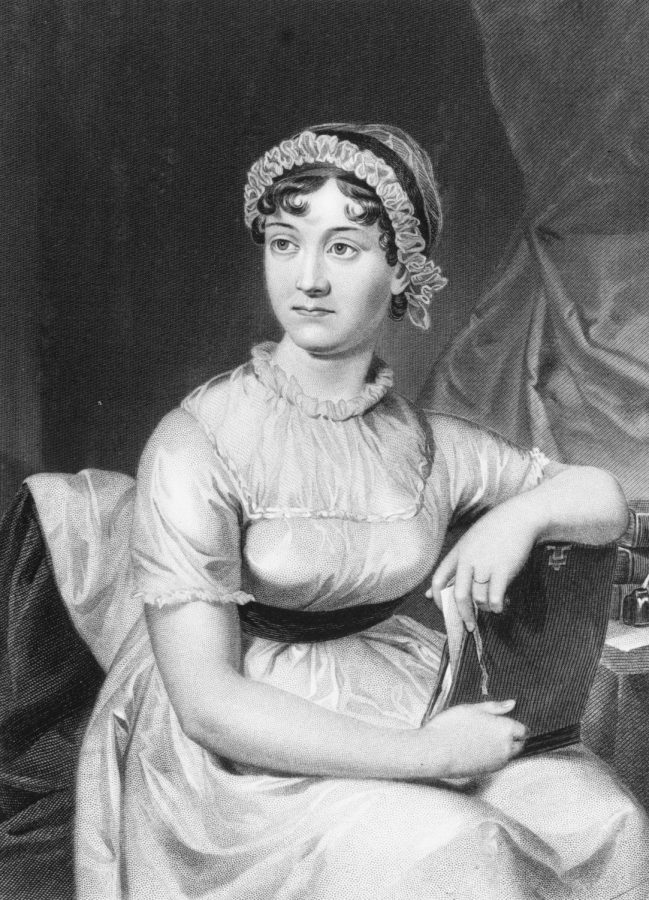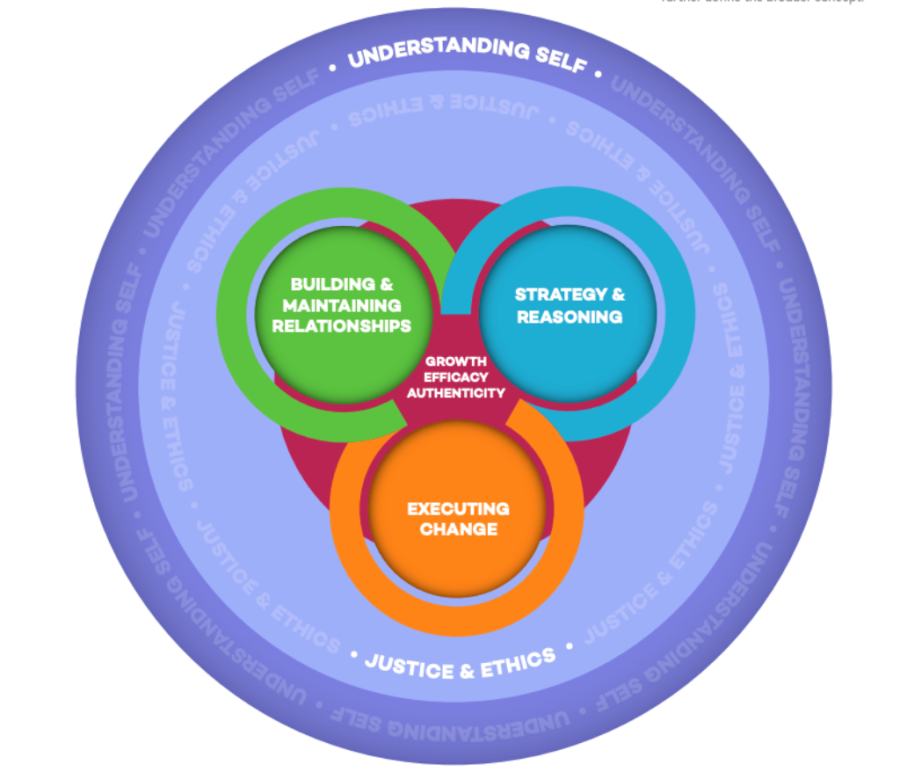I have always been a person of many interests, even since I was a young kid. From dinosaurs to fashion, boy bands to cooking, I wanted to know everything about everything. But then, as I entered middle school, my identity to others could merely be summed up as “the girl who plays video games.” This title was fair, as my Xbox was pretty much all I ever wanted to talk about. I spent every day watching videos about game design, trivia, and reviews, and of course, playing my favorite games like Portal 2, Skyrim, and Fallout 4. But in the process of enjoying my interest in video games, I fell a little bit too hard into the identity of the gamer girl of my friend group, to the point of tying every part of my social presence to this one trait. I found myself feeling that I possessed a certain uniqueness that set me apart from other girls my age. This belief is a rather common trope that many teenage girls encounter, especially those who grew up in the mid to late-2000s when the “manic pixie dream girl” and “tomboy female protagonist” figures were the only roles that explored women’s characters below surface level in popular media. Young women will often distance themselves from traditionally and stereotypically feminine interests to set themselves apart from the perceived crowd of “basic” girls who like shopping, makeup, and pink ribbons. However, saying “I’m not like other girls” is inherently misogynistic and self-defeating. So, as somebody who once thought I was not like other girls, I’m sorry. Here’s why I was wrong.
Separating oneself from traditionally feminine interests perpetuates the idea that those interests are not valid. By casting them aside, a negative connotation is put to every activity that women, especially teenage girls, generally enjoy. For example, insulting the act of wearing a dress may seem arbitrary and rebellious to a fourteen-year-old girl who has been taught that a frilly skirt is the only acceptable expression of herself. But in doing so, she labels anything else that is traditionally feminine as trivial, arbitrary, and worthless. She believes rebuking those interests disconnects her from an image of a homogeneous hoard that is already defined by others based on the word “woman” and all the stereotypes that accompany it. However, the original insult has a larger impact on the girls who enjoy painting their nails, buying heels, or wearing dresses. It expresses to those young women that the activities and modes of expression that they enjoy are not valid and are things to be ashamed of. Saying “I’m not like other girls” in hopes of gaining social benefits implies that being a girl is an insult and that establishing a boundary between oneself and “the rest of the girls” is essential to being seen for more than one’s gender.
Ironically, this phenomenon also defeats its own purpose in discouraging stereotypically non-feminine interests. Labeling activities with a strict “not for girls” marker to make them seem unique reinforces the belief that certain hobbies are off-limits for women. Professional sports have been male-dominated fields for decades, yet some women pride themselves in their interest in the NHL, NFL, or MLB. They deride other women who don’t enjoy watching football or baseball games as boring or plain while also expressing a sense of superiority, believing that they themselves have transcended a perceived female dullness to enjoy a “guy thing.” In believing that a passion for stereotypically male hobbies makes them special, these women further polarize the spectrum of traditional female expression and traditional male expression.
Ultimately, all these silly arguments amount to nothing because no interest is intrinsically gendered. Society and history have outlined stereotypes and generalizations about who enjoys what, but none of those standards hold any value. There is no point in policing what others can like because enjoying non-traditional activities doesn’t harm anyone, in fact, I would argue it enriches communities. The concept of female expression is not a monolith; it cannot be defined by stereotypical attributes. Thus, it is impossible and oxymoronic to say that one is “not like other girls.” The basis for the trope doesn’t exist because girls are not defined by the color pink or cursive writing. They are defined, like all people, by the things they are passionate about. So why are we still arguing about what interests hold value or which hobbies are “unique” for girls to enjoy? I believe it’s internalized misogyny that teaches girls from a young age that being a woman is bad and so is everything that has ever been associated with it. But the complete rejection of interests that are generally attributed to women is just as toxic as the construct it was designed to destroy. In reality, there are no feminine and non-feminine interests or dull traits and standout traits, just things that people enjoy doing, and that’s okay. We can simply allow everyone to like what they like without tearing down every other set of interests that doesn’t complement our own.
I’ve evolved a lot from my middle school days. While I still love my Xbox a great deal, I’ve also expanded my range of interests. I’m very involved with my robotics team, I am the most obnoxious baseball fan you will ever meet, and I’m interested in Formula 1 racing both for its qualities as a competition and for the depth of the engineering behind it. All of these passions are generally male-dominated fields, whether by the sheer male-to-female ratio of people active in each community or by the way the general public perceives them. But they don’t make me special or superior to anybody else. In fact, there are many other young women just like me who love building fun robots, cheering on their hometown baseball team, or watching race highlights online. The things that I’m passionate about don’t make me unique; the things that I do with them are what ultimately define me. And I wouldn’t have it any other way.








